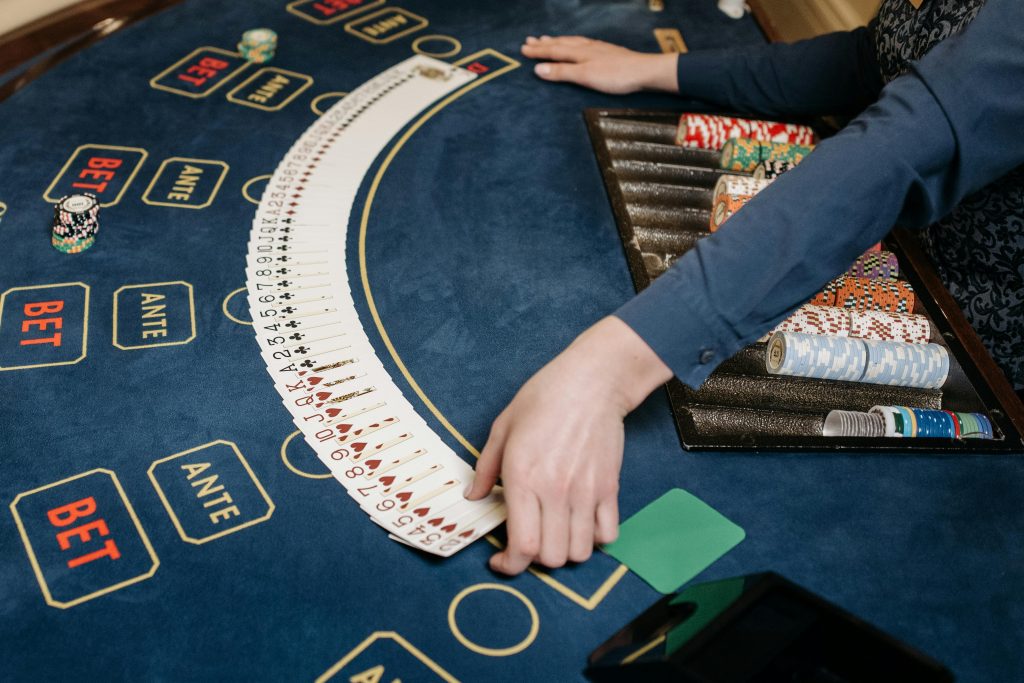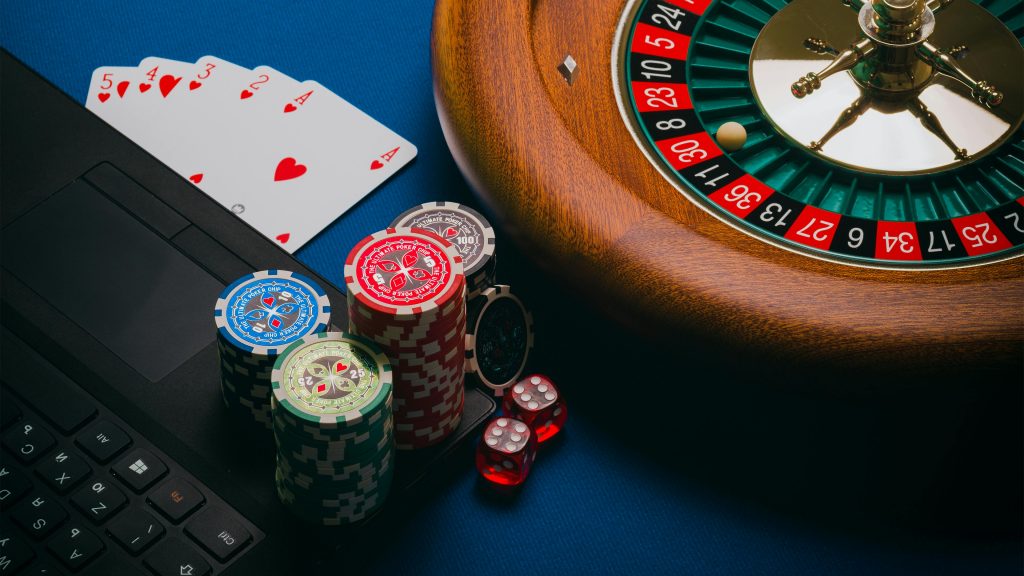
Best Payout Games
Japan has exhibited an increasing interest in online casino gaming in recent years. As a consequence of this, there is an increase in the number of online casino sites that provide Japanese-friendly best payout online casino games. Considering the country’s severe online gambling restrictions, Japanese online casino aficionados may still enjoy the excitement of betting on the internet. Various Internet casinos operate outside of Japan’s official authority and have developed methods to skirt the country’s betting rules.
Here at Kajino.com, we are regularly asked about our top games that payout real money. We did a study of the top games that payout real money and provide the highest proportion of returns to customers. This information will allow you to make more educated decisions and get the most out of your gameplay experience.
In the realm of online gambling, players are constantly looking for the highest payout casino games, therefore our comparisons may be a fantastic alternative for choosing a safe online casino is easier with comparisons from Kajino.com (比較で安全なオンラインカジノを選ぶのが簡単になります)!
Slot Games
Slot machines with the highest payouts are common in both online and physical casinos. These games have the finest winning odds and the opportunity to win big.
The enduring appeal of the highest-paying slot machines arises from their simplicity, diversity, and possibility for large rewards. However, not all spaces are created equally. Many have larger payout percentages, or Return to Player (RTP) rates, than others.
RTP is a hypothetical percentage which reflects the amount a slot machine returns to players over time. For instance, the highest payout slots game with a 96% RTP rate will potentially repay $96 for every $100 wagered.
Some of the highest payout slot games involve the following:
- Mega Joker (NetEnt): This classic slot game offers an impressive RTP of 99%, which is among the greatest in the industry.
- 1429 Uncharted Seas (Thunderkick): This attractively designed slot game has a high RTP of 98.6%.
- Blood Suckers (NetEnt): With an RTP of 98%, this vampire-themed slot game provides regular wins and interesting extra features.
With such a diverse selection of slot machines with highest payout, players may discover a game that meets their interests and gives the possibility of large prizes!
Table Games
Table games which might involve blackjack, roulette, baccarat, and craps are popular in casinos across the world. These games have some of the highest payout percentages in casinos, making them an increasingly popular choice among players looking for substantial payouts.
Blackjack
Blackjack is known for its tremendous reward potential. With an ideal approach, the house edge may be as low as 0.5%, making blackjack one of the casino payout rates among all casino games. Variations such as Blackjack Switch and Spanish 21 provide even larger casino payouts.
Roulette
Roulette has a number of betting alternatives, each with their unique casino payout rate. For example, betting on a single number yields a 35:1 reward but has a low likelihood. On the other hand, betting on red/black or odd/even has a lesser payoff of 1:1 but a better chance of winning.
Baccarat
Baccarat is another table casino game with a relatively large reward potential. Betting on the banker has a low house edge of 1.06%, making it a popular choice among beginner players looking for the best payout casino games.
Craps
Craps also has several betting possibilities, each with its own casino payout rate and house edge. The best bets are the Pass/Don’t Pass and Come/Don’t Come bets, with house edges of just 1.41% and 1.36%, respectively.
Video Poker
Video poker mixes the skill of poker with the luck of slot machines, providing high casino payout rates with the proper strategy. Variations such as Jacks or Better and Deuces Wild may have an RTP of more than 99% with ideal play.
Live Dealer Games
Live dealer games recreate the excitement of a genuine casino on your screen. These games provide an immersive casino experience with high casino payout rates, particularly live blackjack and live baccarat. However, it’s worth noting that live dealer games sometimes need bigger stakes than their virtual versions.
Maximizing Winnings Through High Payout Casino Games
Picking the best payout casino games with the highest return percentages will dramatically improve your chances of winning. However, it is critical to play properly and recognise that large prizes come with higher stakes.
Therefore create a budget and avoid chasing losses. Each stake should be a tiny fraction of your cash. Finally, remain up to date on the latest best payout games and casino industry changes.
With the appropriate approach and game selection, you can maximise your wins in the top payout games while enjoying the thrill of online gambling. For extra details on popular games at Japanese casinos, see this article about the most popular Japanese casino games in 2024. Keep an eye out for future updates, and have fun!


